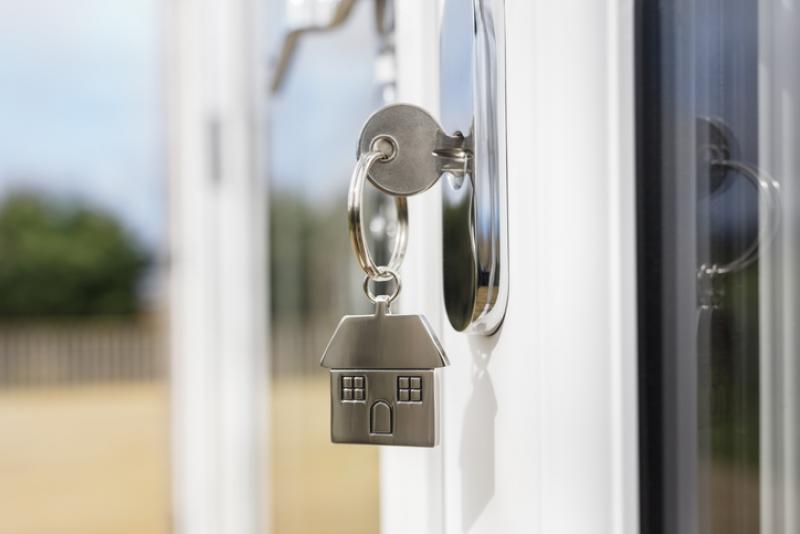
If you’re serious about opening your doors to a lodger, we’ve put together some important questions to ask yourself first.
Is your house right for a lodger?
There are some practical considerations when deciding to take on a lodger. It may go without saying but making sure you have the space for another person in your home is key. Think about the number of bathrooms and facilities such as kitchen and utilities.
If you give your lodger a furnished room, you’re allowed to earn up to £7,500 per year in tax-free income through the Rent a Room scheme. At the very least, the room should include a bed and some storage.
Don’t forget the importance of health and safety. Is your house suitably safe for another person to live in? Make sure you check your fire alarms, gas and electrical safety, plumbing and general condition of the home.
As a landlord, you’re legally required to take responsibility for relevant checks and certifications.
Do you have permission?
The rules around taking on a lodger can vary depending on if you rent or own your home.
If you’re renting your house, be sure to check your tenancy agreement and ask your landlord first. If you need permission, it’s best to have this in writing. Depending on the type of tenancy you may need specific legal permissions to take in a lodger.
If you’re a homeowner with a mortgage, check your mortgage contract. These often contain terms around getting permission from your lender before taking in a lodger.
Leaseholders or those living in a shared ownership property may need the landlord’s agreement, so again, check your lease agreement.
If you’ve been living alone, taking in a lodger will also affect your Council Tax ‘Single Person Occupancy’ status, so you’ll need to notify the council when this changes.
It’s also important to inform your local benefits agency if you are currently receiving benefits, as this will almost certainly be affected by taking on a lodger.
Does your home insurance cover it?
If you’re considering renting out a room to a lodger, it’s important to inform your home insurance provider.
Your premium may increase, and there’s also a chance your insurer may be unable to continue covering you or might exclude certain elements of cover while you’re living with a lodger. Either way, it’s best to make sure you’re clear on exactly what is covered and how having a lodger changes that.
Is the lodger the right fit for you?
It’s important to find the right person for you and your property. You may want to consider whether they work late (or at home), for example.
Find out as much as you can about your prospective lodger such as whether they play an instrument, have any allergies or smoke. You don’t want to be in a situation where you accept a lodger only to realise they’re allergic to your fluffy pet or want to practice their trumpet in the early hours…
There are also some important legal considerations, including immigration status and the right to rent in the UK. You are responsible for the immigration checks when taking on a lodger. Failing to ensure these checks could result in fines or even a prison sentence.
So, you’re ready to go…what now?
Once you have decided that you’re happy to take on a lodger, making sure you have a contract in place will help you protect both yourself and your new housemate. While you should tailor the agreement to your individual needs, we’d suggest detailing:
- Deposit: how much is paid, how far in advance and the process for returning the deposit at the end of the lodger’s stay
- Monthly rent: amount and how this will be paid – asking the lodger to set up a standing order to your account is the most obvious way to arrange payments, but the most important thing is that both parties agree to the terms
- Bills: some prefer to charge a monthly rate inclusive of bills, but if you intend to split the bills then make sure this is clearly outlined in the contract
- Inventory of the room: get specific. Outline all the items included in the lodger’s room and note any relevant details such as the condition of furniture to avoid disagreements further down the line
- House rules: you may want to specify areas of the house that are off-limits, those that are communal, or any rules around guests, smoking, and use of certain facilities for example
You can also buy a pre-made lodger agreement from sites like spareroom.com for a small fee. As long as the room you're letting is in your main home, this can offer some additional legal protection.
While not exhaustive, the above should set you in good stead when welcoming a lodger into your home securely. Remember, it’s always better to err on the side of caution and carefully consider what is right for you and your home before making any commitments.



